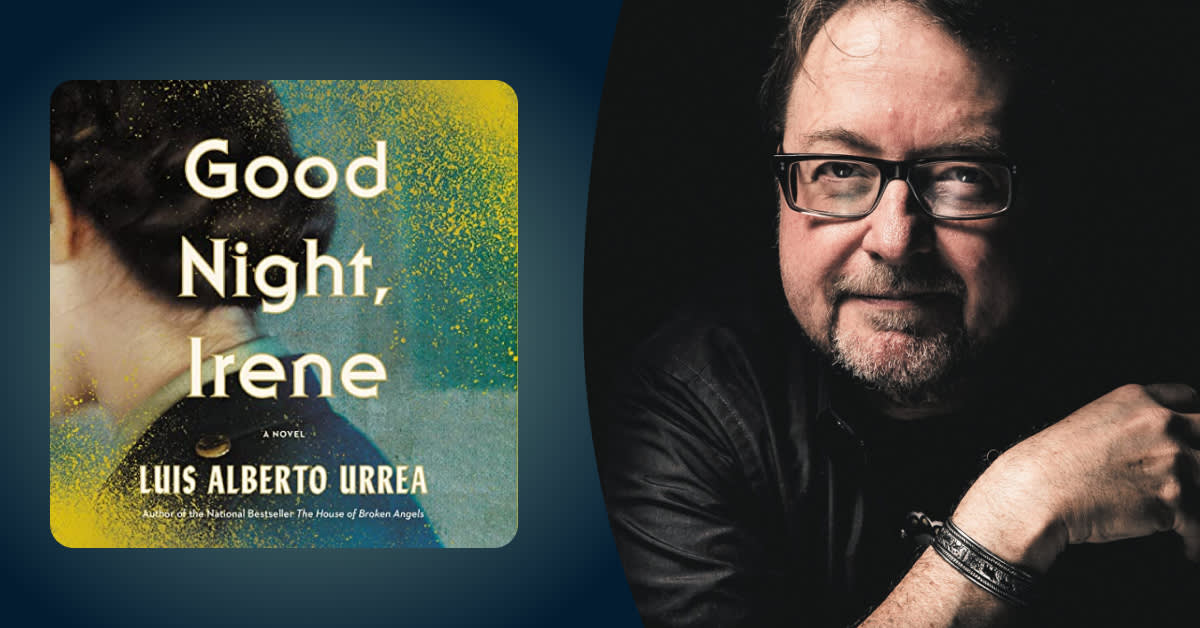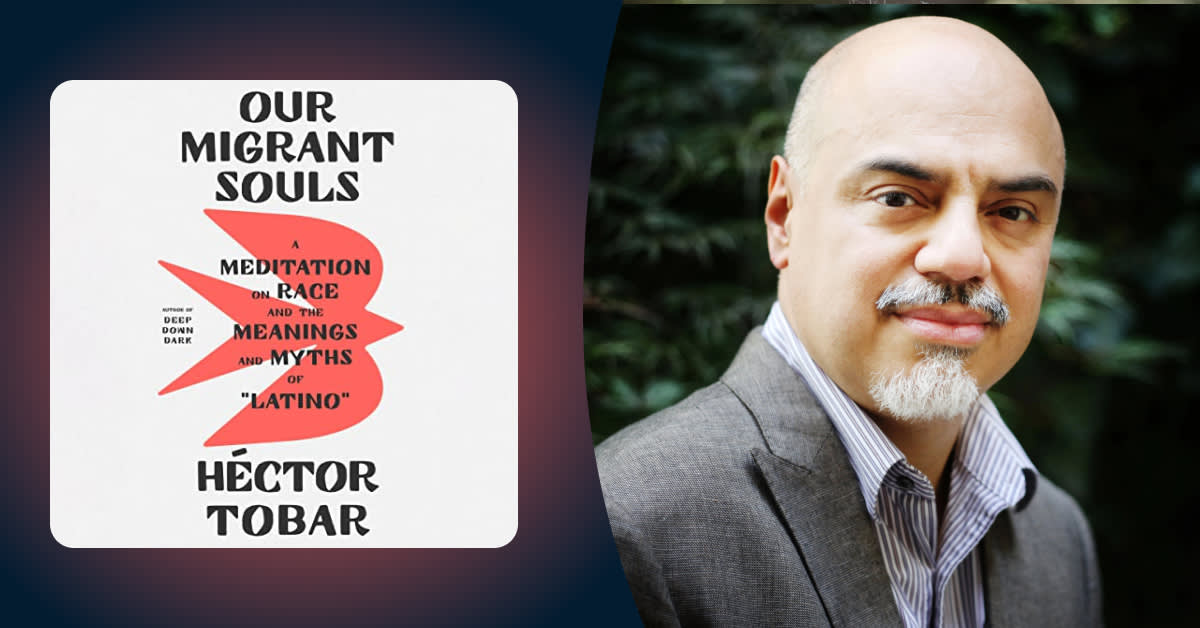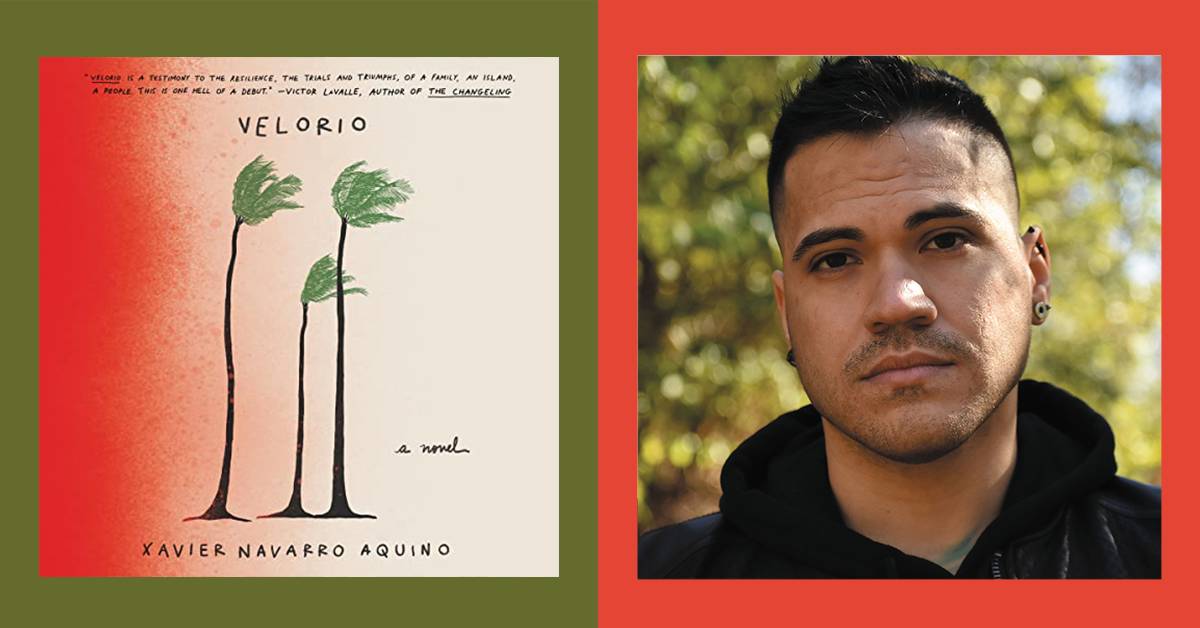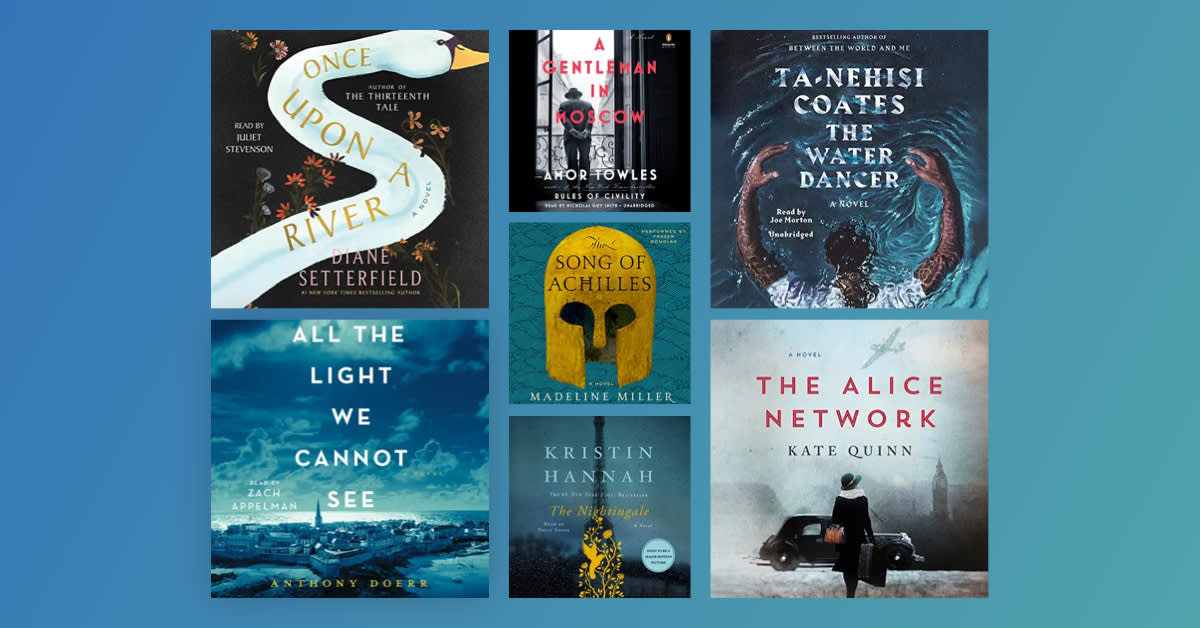Luis Alberto Urrea has been waiting a long time to tell this story: It’s 10 years in the making, if you go by his active drafting and redrafting of it, but really it’s been a lifetime to get here. The award-winning poet, essayist, and novelist was inspired by his mother’s service in World War II to write Good Night, Irene, the extraordinary story of a little-known section of the Red Cross called the Clubmobile Corps, whose service was almost lost to history when the official records burned in the 1970s. But the record of it never left his mother, “who was plagued by nightmares every night of her adult life,” Urrea says in the prologue. Once he started digging into the Clubmobile Corps, he understood why.
The “donut dollies,” as the Clubmobile workers were sometimes called (to their chagrin), were the foremost women in battle. They operated coffee and donut trucks at the front lines to comfort the soldiers and were with the GIs every step of the way as they liberated Europe from the Nazis. Urrea’s mother was even trapped behind enemy lines in the Battle of the Bulge and was present for the liberation of Buchenwald. In Urrea’s riveting fictionalized version of their experiences, the courage and sacrifices of his mother and the women of the Clubmobile Corps are brought to life—and they are memorialized as the heroes they were.
Audible: This story is very personal in that it was inspired by your mother’s service in the Red Cross in World War II, and you say in your introduction, “I have spent most of my life preparing to write this book.” Why was now the right time to do it?
Luis Alberto Urrea: I think there were three factors for me. First, I am coming up to the age that my mother was when she died. I think it might take a whole lifetime to be able to process the experiences and sacrifices of our parents' lives. I am acutely aware of looking back to my own life and contrasting my experiences with my mother's timeline.
Secondly, it took some time to put this all together. The research, of course. There was so much to be read and discovered and experienced, so many places I needed to go and see. I wrote several different versions of this novel over the 10 years or so I was working on it, and nothing was right. I kept at it until I found the right approach and the right voice to honor my mother and tell what I hope is a compelling story.
And thirdly, I cannot overlook the times we are in. Obviously, the pandemic gave me the gift of time and space to be completely immersed in this project. But also the political and social stresses of our times had a big effect on me and made me want to explore a time when Americans did bold and brave things independent of party affiliation or gender.
The depiction of wartime Europe in this story is so immersive, almost cinematic. There is such rich description of the sights and sounds and smells and accents. How much of it is from your research and how much from your imagination?
The glorious thing about my research is that it was primarily from contemporary accounts by the Clubmobile women themselves—their letters home and interviews with local newspapers, their self-published memoirs. Most importantly of all, of course, were the papers and stories from my mom and Jill Pitts Knappenberger [his mother’s partner in the Clubmobile truck]. To be able to hear Jill laugh when telling me anecdotes of her days with the Clubmobile Service set the tone for me very early on. And the whole time I was writing, I was thinking of Stephen Crane and The Red Badge of Courage. He had never gone to war, but his book is celebrated for its realism. I did my best to honor these stories.
“It was really important to me to have a strong woman's voice do this story.”
You’ve written close to 20 books, and most of them take place in Mexico and the US border areas. What were the challenges and rewards of working in this different setting and time period of wartime Europe?
My work is always about witness, so in that sense this isn't anything different. In my poetry and in my short fiction, I have often wandered away from the borderlands. I did not have a particular desire to write a novel about wartime Europe. But I would argue this is not a World War II novel—this is my mother's novel. If she had not gone to war, I would have told a different story. Saying that, I appreciate that if you are going to write a World War II novel, you better do the work to make it as right as you can.
The audiobook is narrated by the great Barrie Kreinik, an Audie Award winner. Have you heard her performance yet, and if so, how was it for you experiencing the story in audio?
I only heard a sample from Ms. Kreinik's audition, and I knew my mother's story was in very good hands. I've recorded the audio versions of most of my books, but it was really important to me to have a strong woman's voice do this story. My wife and I are driving most of the book tour, and I am looking forward to listening while driving across Nebraska.
What do you hope listeners take away from this story?
That mothers and grandmothers are the actual superheroes, and we need to hear their stories.











